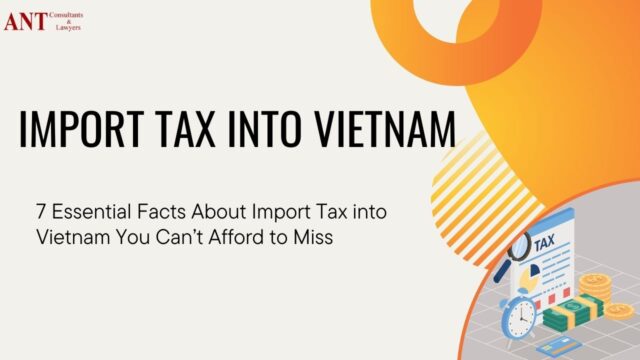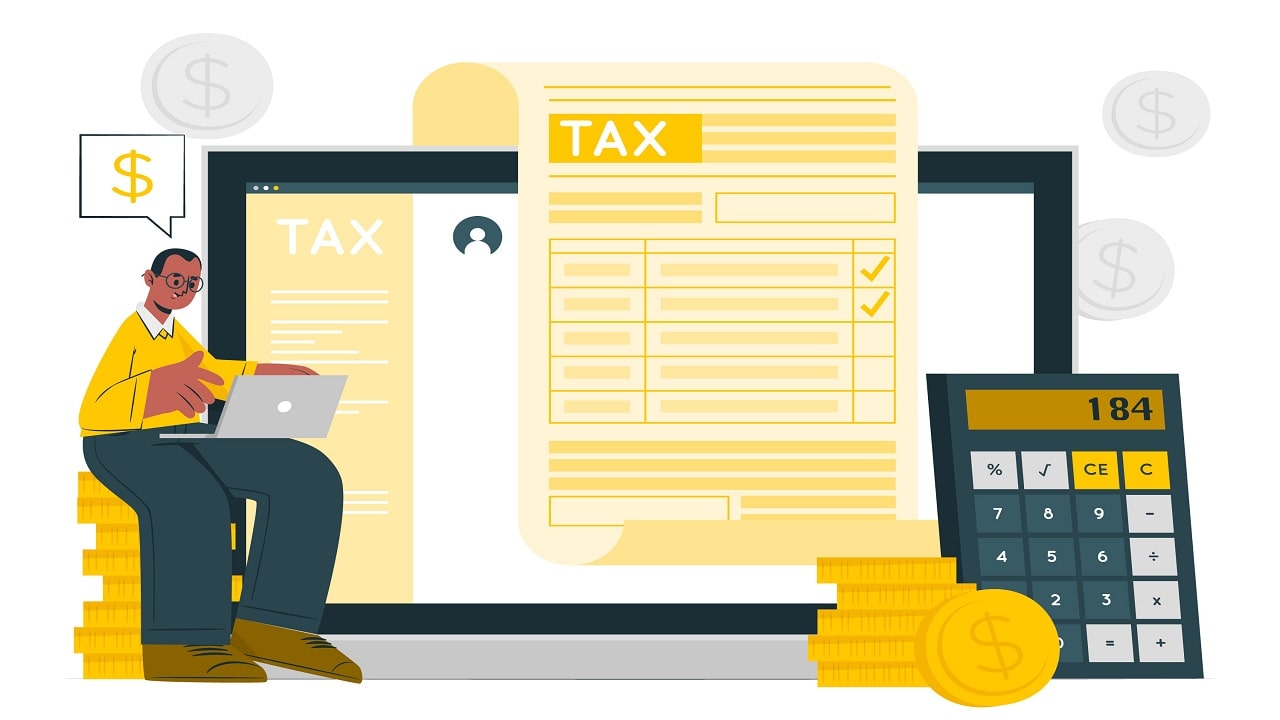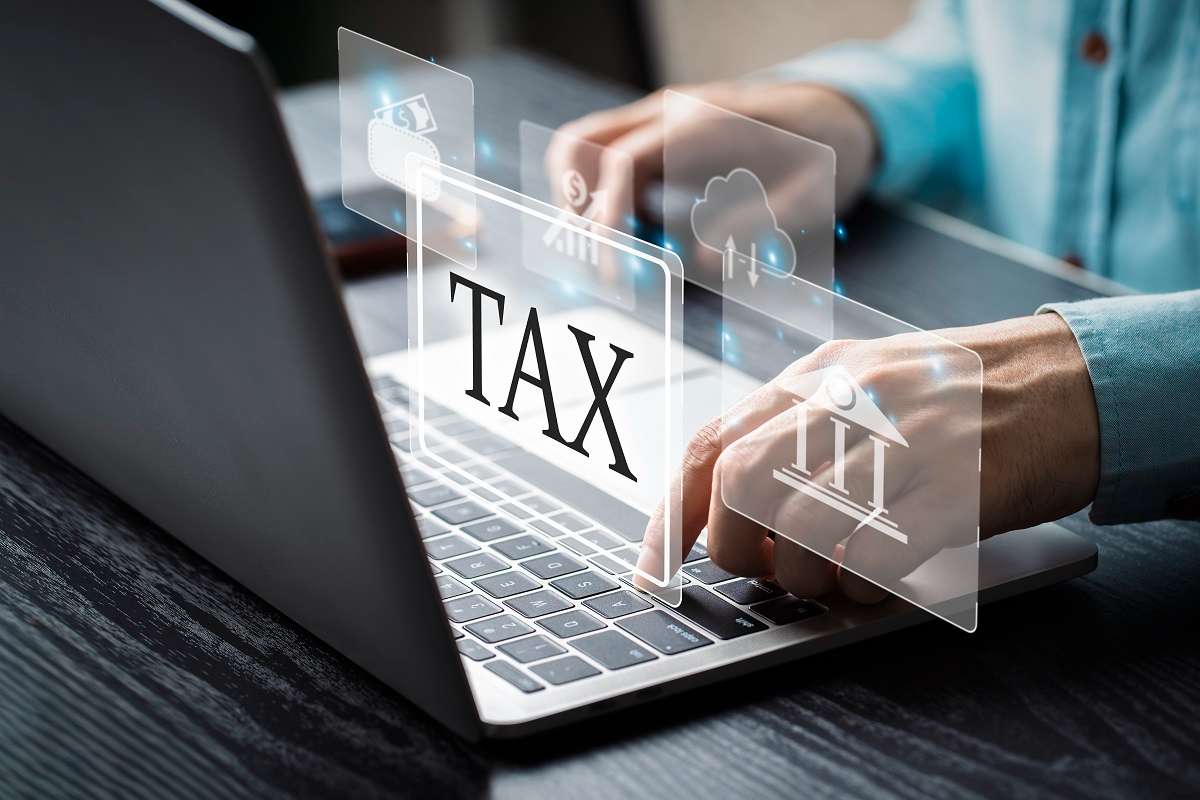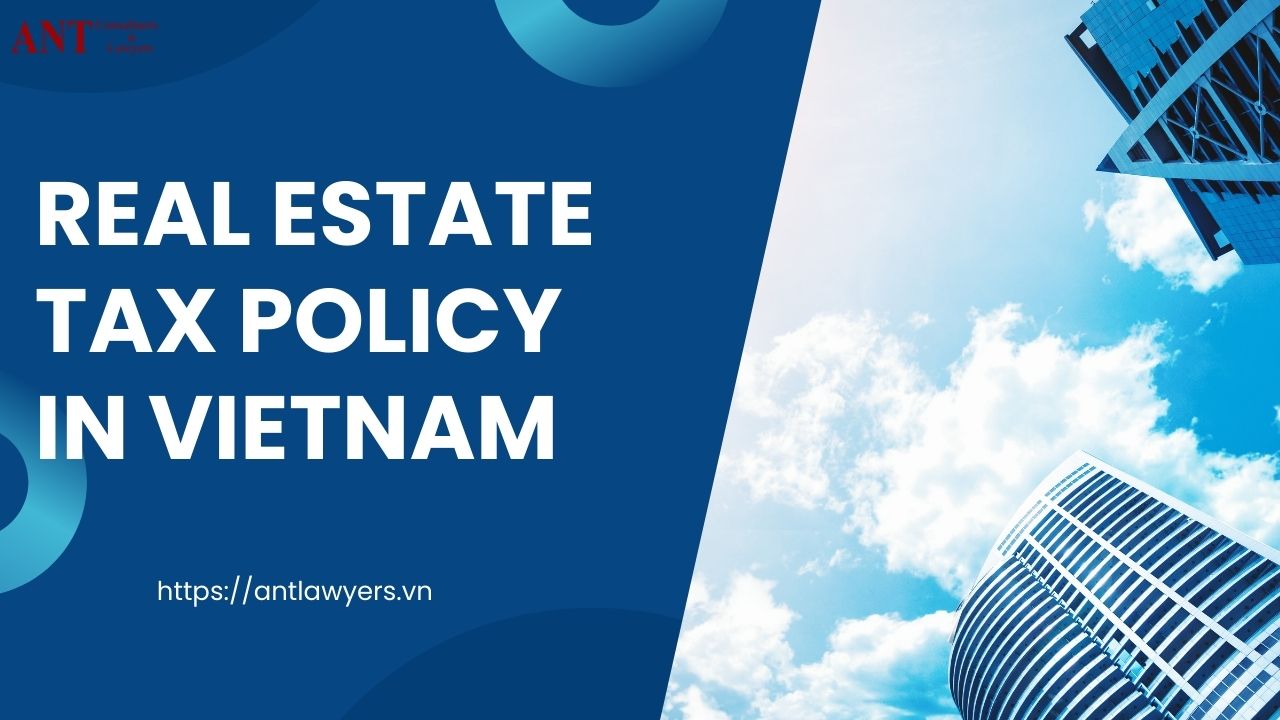Vietnam has been becoming a key player in international trade, attracting businesses worldwide. However, understanding import tax into Vietnam can be confusing. With several taxes, tariffs, and regulations, importers must clearly understand how Vietnam’s import tax system works to avoid unnecessary expenses.
In the following, we will through the some aspects of import tax into Vietnam to help you make informed decisions and optimize your import process.
What Is Import Tax into Vietnam?
Import tax into Vietnam, or customs duty, is a tariff imposed by the government on goods brought into a country.
Import tax into Vietnam is crucial for regulating trade and protecting local industries. Depending on the product’s origin, its classification, and specific agreements between Vietnam and other nations, the tax rates can vary.
Let’s explore each type of import tax into Vietnam associated with importing goods into Vietnam, ensuring you’re well-equipped to handle your business efficiently.
Import Tax into Vietnam: An Overview
The first tax importers must consider is the classification of goods, under the Harmonized System Code (HS Code), a standardized international system used to categorize products.
After identifying the HS code of the imported goods, importers can determine which specific import duty rates apply.
Import tax into Vietnam varies depending on the country of origin and any trade agreements in place:
MFN Tariff (Most Favored Nation Tariff): This is the standard rate applied to goods coming from World Trade Organization (WTO) member countries. Vietnam adheres to its WTO commitments when setting these tariffs.
Preferential Tariff: If the product’s country of origin has signed a preferential trade agreement with Vietnam, it may be eligible for reduced tariffs. However, to benefit from preferential tariffs, the goods must meet the required rules of origin set by the respective trade agreements.
Importers need to stay updated with annual adjustments to tax policies, as Vietnam revises its import duties regularly, especially in response to changes in international trade agreements.
Value Added Tax (VAT)
The second essential tax to account for is Value Added Tax (VAT). In Vietnam, most imported goods are subject to a VAT. VAT is added to the product’s customs value and import duty, meaning it is calculated based on the cost, insurance, and freight (CIF) value of the goods, plus any applicable import duty.
An important point for importers is that VAT can be deducted later if the imported goods are used as inputs in the production of other products. This allows businesses to reclaim the VAT paid during the import process.
VAT Reclaim Example:
If you import raw materials for manufacturing, you can later deduct the VAT you initially paid on those imports when calculating your final tax liabilities, effectively reducing the financial burden.
Special Consumption Tax (SCT): For Certain Goods
Not all goods are equal in Vietnam’s tax system. For luxury goods, such as alcohol, cigarettes, and automobiles, Special Consumption Tax (SCT) is applied. SCT is designed to limit the consumption of certain products deemed harmful or non-essential.
Goods subject to SCT include alcoholic beverages, tobacco, cars, and luxury goods.
The rate of SCT varies based on the product category. For example, alcohol may be taxed at a significantly higher rate than other luxury items.
Before importing, businesses must carefully consider whether their products fall under this category, as the SCT can significantly increase the cost of importing certain goods.
Environmental Protection Tax (EPT)
Another tax importers must be aware of is the Environmental Protection Tax (EPT). This tax is applied to goods that could harm the environment, such as fuel, pesticides, and coal.
EPT is part of Vietnam’s broader efforts to promote environmental sustainability and discourage the import and consumption of products that negatively impact the environment. EPT rates depend on the product type, with high rates for products like petroleum and fossil fuels.
Common Products Subject to EPT:
Gasoline and petroleum products
Coal
Pesticides and certain chemicals
Importers of such goods need to calculate their EPT obligations when determining the total cost of bringing these products into Vietnam.
Anti-Dumping, Countervailing, and Safeguard Duties
Vietnam also enforces anti-dumping tax, countervailing, and safeguard duties to protect local industries from unfair competition or harm caused by foreign imports.
These duties are imposed when investigations determine that certain imported products are being sold at below-market prices, benefiting from subsidies, or causing significant harm to domestic industries.
Anti-Dumping Duties: These are applied when foreign goods are sold in Vietnam at unfairly low prices.
Countervailing Duties: These are levied when imported goods benefit from unfair subsidies provided by their home country.
Safeguard Measures: Temporary duties are imposed to protect a local industry from a surge of imports that threatens serious damage.
Importers need to be aware of these potential taxes, especially when sourcing products from countries under investigation for such trade practices.
These duties are typically imposed for a limited period and can significantly impact the cost of importing affected products.
Understanding Free Trade Agreements (FTAs) and Tariff Benefits
Vietnam has signed several Free Trade Agreements (FTAs) with key global partners, including the Comprehensive and Progressive Agreement for Trans-Pacific Partnership (CPTPP), the EU-Vietnam Free Trade Agreement (EVFTA), and the Regional Comprehensive Economic Partnership (RCEP). These agreements lower import tax into Vietnam on certain products, fostering easier trade relations with countries that are part of these pacts.
If your goods are eligible for preferential tariffs under these agreements, you could see significant savings. However, navigating the requirements of these agreements can be complex, as they typically involve strict rules of origin and certification processes.
Example:
Under the EVFTA, goods imported from the European Union may benefit from reduced tariffs, provided they meet the stipulated rules of origin. Importers should always verify the latest updates in FTAs to maximize tariff benefits.
The Import Process and Compliance with Vietnamese Customs
Successfully importing goods into Vietnam involves more than just calculating taxes. To ensure a smooth customs clearance process, importers must be fully compliant with Vietnam’s regulatory requirements, which include:
- Correct product classification under the HS Code
- Submission of necessary documentation (invoices, packing lists, certificates of origin, etc.)
- Payment of all relevant taxes and duties
Failing to meet these requirements can result in delays, fines, or even the confiscation of goods.
Common Pitfalls to Avoid:
- Incorrectly classifying goods, leading to overpayment or underpayment of taxes.
- Failing to update tariffs based on new trade agreements or changes in the law.
- Neglecting to comply with product-specific regulations, such as those for food and pharmaceuticals.
Import Tax into Vietnam
Importing goods into Vietnam can be a complex process, with numerous taxes and regulations to consider. Understanding the different taxes—such as import duties, VAT, SCT, EPT, and safeguard measures—will help you avoid costly mistakes and optimize your import operations. By staying informed about trade agreements and Vietnamese customs procedures, you can take advantage of preferential tariffs and ensure compliance with local laws.
About ANT Lawyers, a Law Firm in Vietnam
We help clients overcome cultural barriers and achieve their strategic and financial outcomes, while ensuring the best interest rate protection, risk mitigation and regulatory compliance. ANT lawyers has lawyers in Ho Chi Minh city, Hanoi, and Danang, and will help customers in doing business in Vietnam.
How ANT Lawyers Could Help Your Business?
You could reach ANT Lawyers in Vietnam for advice via email ant@antlawyers.vn or call our office at (+84) 24 730 86 529




